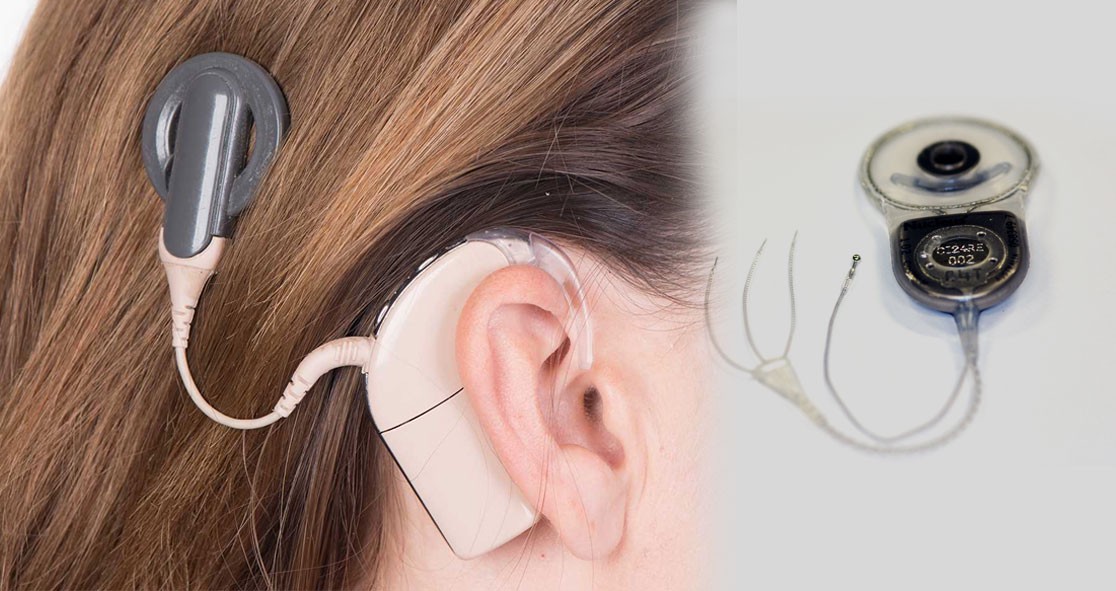Researchers at Johns Hopkins University School of Medicine designed a multichannel vestibular implant that can help patients with bilateral vestibular hypofunction (BVH), a condition characterized by the loss of the inner ear’s sense of balance.
The implant improves balance and movement by electrically bypassing malfunctioning areas of the inner ear and restoring most of their ability to walk, move, turn their head without dizziness, and orient themselves in space, according to Medical Xpress.
The researchers, who published their findings Thursday in the New England Journal of Medicine, have shown that the device can “facilitate walking, relieve dizziness and improve quality of life” in patients with BVH.
Currently, BVH therapy is limited to vestibular rehabilitation exercises. Doctors often advise BVH patients to avoid medications that damage the inner ear or suppress brain function.
Senior study author Dr. Charley Della Santina said, “Although about 20 individuals had been implanted elsewhere with devices used to stimulate the vestibular nerve in a laboratory setting, participants in this trial are true pioneers—the first to use a vestibular implant as a long-term, 24-hour-per-day sensory restoration treatment.”
Using basic research and engineering technology to modify a cochlear implant, Dr. Della Santina and his team developed the device that improves hearing loss by electrically stimulating the inner ear’s cochlear nerve.
The researchers evaluated the efficacy of the device on eight patients with BVH. All eight patients experienced some hearing loss in the implanted ear, while five of them maintained hearing in the implanted ear sufficient to use a telephone without a hearing aid, and three experienced greater hearing loss, according to Medical Xpress.
Lead author Margaret Chow said, “Improvement in performance on standardized clinical tests of balance and walking has been remarkable. Even more gratifying is that our patients have been able to return to activities that enrich their daily lives, such as exercising, riding a bike, gardening or dancing at a daughter’s wedding.”
A’ndrea Messer, one of the study participants, said, overall, the improvement in the quality of life and relief from the misery of BVH has been life-altering. She is a senior science and research information officer at Penn State University.
Messer said, “The multichannel vestibular implant is incredible. Before receiving it, I couldn’t walk in the dark, on uneven ground, or without a cane. Now, I can do all of those things and am living a fairly normal life.”
The article originally appeared on Medical Xpress.





















